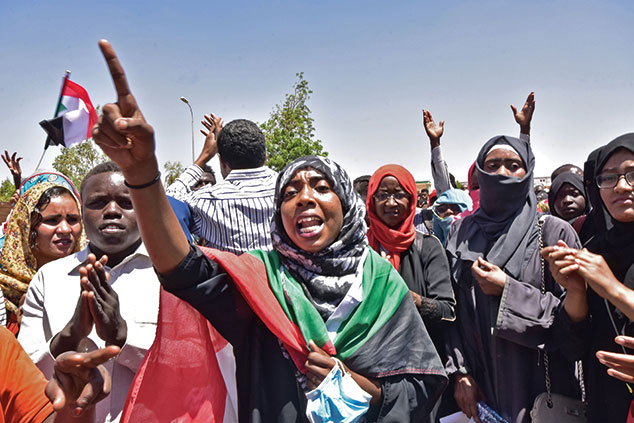
There is “understandable euphoria” on the streets of Khartoum, says the FT, but “the experience of countries that went through the Arab Spring suggests that severe dangers lie ahead”. One problem is that over the past 30 years “the Sudanese state has been geared to one thing: keeping Bashir and his cronies in power”. Now, with the Bashir regime gone, “the concern is there is nothing credible or coherent enough to replace it”. People worry that the military is merely “conducting an elaborate piece of political theatre to give the appearance of… change”.
Still, Sudan’s generals have a vulnerability, say George Clooney and John Prendergast in The Washington Post. Bashir’s “disastrous” policies have “left the country in crushing debt and in need of aid and debt relief”. Non-humanitarian aid should be suspended until civilian rule is in place. In the meantime, the US should keep Sudan on its list of states that sponsor terrorism. If there is to be “real change”, “strong international action” will be needed.